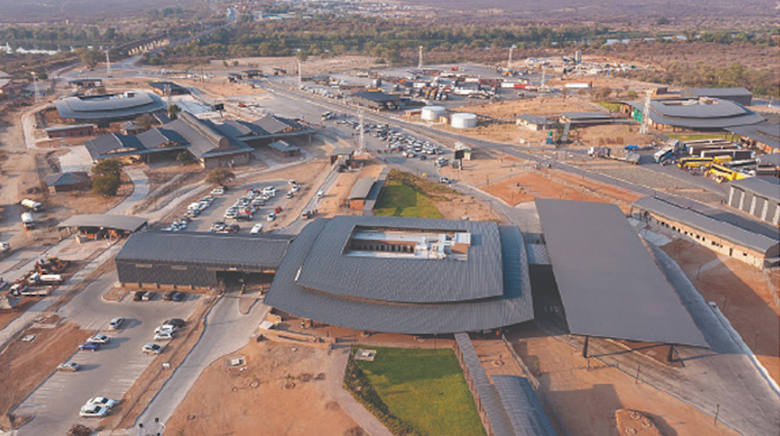‘Sanctions curtail fresh investment’

Sikhulekelani Moyo, Business Reporter
THE continued imposition of illegal sanctions on Zimbabwe by the United States of America and its Western allies is harmful to business growth as it frustrates fresh potential investments, which constrains economic growth, business leaders have said.
The country has been under sanctions since the turn of the millennium after it embarked on the land reform programme, prompting former colonial master, Britain, to impose sanctions in protest and lobby for the same hardline stance by its allies.
African leaders, in solidarity with Zimbabwe, however, joined hands in lobbying for the unconditional removal of the punitive measures saying these are also hurting the entire region.
The Southern African Development Community (Sadc) has declared October 25 as a day of solidarity with Zimbabwe in calling for the removal of the two-decade-old embargo.
In an interview, a senior Zimbabwe National Chamber of Commerce (ZNCC) member and past vice-president, Mr Golden Muoni, said the demise of Zimbabwean industries in the past years was a closely linked to sanctions.
He said most companies had been more aligned to the West as its key market and source of critical equipment and spares.
That being the case, Mr Muoni said when illegal sanctions were imposed to Zimbabwe, the productive sector has struggled to secure financing, process key payments and access key markets or procure raw materials.
“There is no way and no any investor comes to the economy or a country, which is under sanctions. We also haven’t been able to access affordable loans from International Monetary Fund and World Bank because of debts, which could not be attended to because of sanctions,” said Mr Muoni.
He made reference to the collapse of several Bulawayo industries as the sector felt the baleful impacts of sanctions, resulting in loss of jobs for a city that was once the country’s manufacturing hub.
“Sanctions are not good for the industry. Look, Bulawayo used to be the country’s industrial hub and a lot of industries are no longer functioning and the bulk of them and some warehouses have turned into churches now,” said Mr Muoni.

Zimbabwe National Chamber of Commerce senior member, Mr Golden Muoni
He said Zimbabwe has done exceptionally well despite being under sanctions as the country has managed to use its own resources to steer development without any help from the international financiers.
“If it was a small economy, it could have collapsed a long back but because of the resolve around the whole economy, we have managed to whether the storm and we are where we are because of that,” said Mr Muoni.
His sentiments have been buttressed by the International Monetary Fund (IMF) whose latest report acknowledges Zimbabwe’s economic resilience amid external shocks such as Covid-19, climate change and the prevailing global geo-political complications such as the Russia-Ukraine war.
In addition to this, Mr Muoni said the country needs to strengthen its agro-industry value chain to steer robust growth and wean itself from reliance on imports. With increased domestic production, he said the proceeds generated from within the economy could unlock potential from other critical sectors and help create more jobs.
“For basics, we need maize as it produces many things including cereals and mealie-meal. We can also do soya, which promote oils and stock feed industry. This is a big industry as we currently importing crude oil,” he said.
“So, we need to close those gaps by going back to the land, which is the reason why we got those sanctions.”
Finance and Economic Development Deputy Minister Clement Chiduwa has described the illegal sanctions as a direct attack on Zimbabwe’s potential to develop. He bemoaned difficulties faced by the financial sector in the country to access international funding.
“On the issue of sanctions, they are an attack on the growth potential of Zimbabwe. If you look into the financial institutions, banks lost corresponding institutions,” he said this during a recent conference in Victoria Falls.
“We had more than 100 corresponding banks and I think as a country we are left with two and when we transact, we do it through third parties and this has increased the cost of doing business in Zimbabwe,” said Deputy Minister Chiduwa.
He said there is a misguided notion that sanctions targeted politicians yet they are actually hurting every Zimbabwean including ordinary citizens and industry.
The presence of sanctions is a hindrance even to attainment of the country’s Vision 2030 as they derail the implementation of the National Development Strategy (NDS1).
“It is critical to know that the issue of targeted sanctions, are actually targeting the private sector. The private sector can’t deliver on its mandate and we are saying as Government in order for us to move forward, we need the private sector,” he said. — -@SikhulekelaniM1












Comments